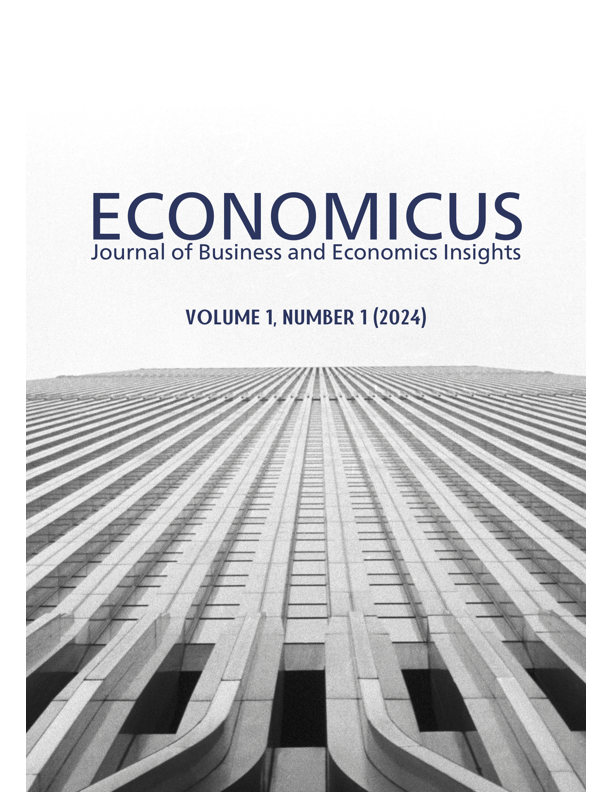Social economy in Mexico: An analysis of cooperatives in the state of Chihuahua
Keywords:
Cooperative societies, Social economy, Social organizations, Government incentivesAbstract
This research presents a review of the literature on the state of the social economy in Mexico, its political framework, and the functioning and legal framework of cooperatives. This theoretical analysis provides the context for an exploratory study focused on cooperatives in the state of Chihuahua. The study identified and classified the economic structure of these cooperatives using data obtained from the Federal Government’s digital platforms and the Social Economy Directorate. As a result, a Registry of Cooperatives was formalized, listing 101 groups, of which the majority (78%) are microeconomic units. Additionally, 47% belong to the secondary sector of the economy, with clothing and sewing being the predominant field (n=14). Geographically, the city of Madera has the highest number of cooperatives (n=18), followed by Chihuahua (n=16) and Juarez (n=12). The study concludes by highlighting the importance of promoting the social economy through the development of socially focused entrepreneurial capacities, economic incentives, and the formalization of social organizations, under the guidance of the Secretariat of Innovation and Economic Development of the Chihuahua government.
Downloads
Downloads
Published
How to Cite
-
Abstract106
-
PDF (Español)72
Issue
Section
License
Copyright (c) 2024 Economicus Journal of Business and Economics Insights

This work is licensed under a Creative Commons Attribution-NonCommercial 4.0 International License.










